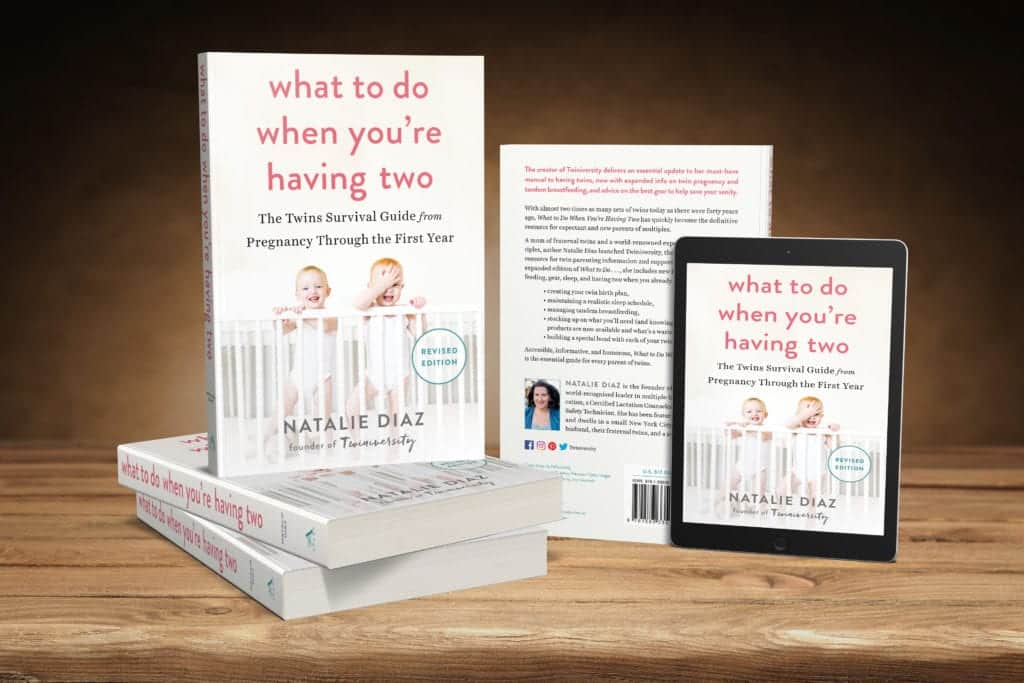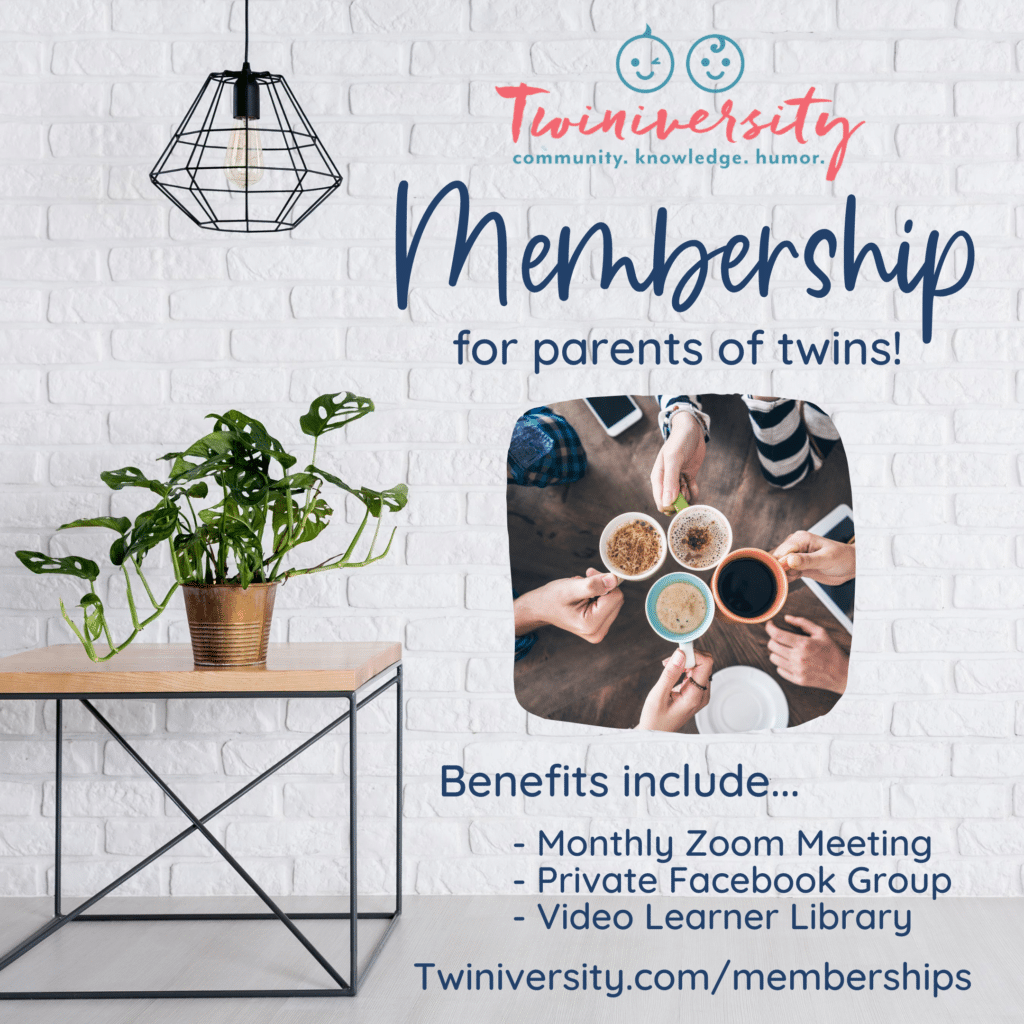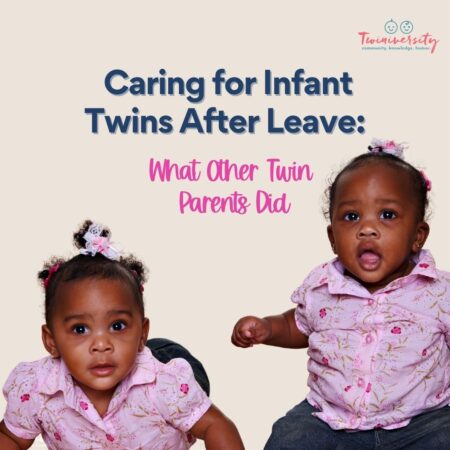Last updated on August 16th, 2023 at 10:25 pm
Pregnancy is one of the most wonderful times for a woman, yet, the most vulnerable. During pregnancy, a weakened immune system makes one susceptible to contracting foodborne-illnesses, such as listeria.
To protect yourself during pregnancy, you must be aware of high risk foods and conditions that increase exposure. Foodborne-illnesses are harmful for mother-to-be and her growing baby(ies), but listeria in particular can be life-threatening. To help you identify listeria risks, I’m sharing my research from current, reliable sources regarding
foods to avoid and how to reduce chances of contamination:
What is Listeria?
Listeria (Listeria monocytogenes) is bacteria found in water and soil/fertilizer that foods (fruits/vegetables) come in contact with. Some livestock and poultry may be carriers. Listeria is a vital health concern in the U.S. as it has contaminated unpasteurized (raw) milk, juices and foods made from raw milk. Uncooked meats, vegetables, fruit, drinks and processed meats have been affected too.

The largest outbreak in U.S. history occurred in 2011 when residents of 28 states experienced 147 illnesses, 33 deaths, and 1 miscarriage. The source? Consumption of cantaloupe from a single farm.
Unlike other bacteria, listeria can multiply in cold temperatures (fridge), and spread to other foods. While pasteurization and cooking destroys the bacterium, listeria has contaminated certain cheeses, hot dogs, and deli meat after factory production but before packaging (or at the deli counter), as it can survive in food processing plants, meat slicers and food-prep surfaces for years.
Listeria can affect anyone, especially individuals with weakened immune systems, older adults, pregnant women, and newborns. When listeria infection presents, the resulting illness is listeriosis. Listeriosis is an invasive infection that spreads beyond the gastrointestinal tract into the body.
What makes listeria dangerous during pregnancy? While symptoms vary, listeriosis can cause serious complications including miscarriage. The 3rd trimester proves most dangerous; listeriosis can cross over into the placenta and infect the fetus, which can be fatal.
Symptoms: Present about 2-30 days after exposure.
- Mild Flu-like symptoms
- Headaches
- Muscle Aches/Fatigue
- Fever
- Nausea
- Diarrhea
- Chills
- Vomiting
Symptoms If In Nervous System
- Stiff neck
- Disorientation
- Loss of balance
- Convulsions
- Meningitis/brain infection
- Death
If you have any symptoms of a foodborne-illness, contact your doctor or go to a hospital immediately.
Diagnosis: based on physical symptoms, foods recently eaten, work and home environments.
Testing may include: blood, amniotic fluid, placenta culture (after delivery), cerebrospinal (spinal) fluid and possibly a fecal sample.
Perinatal Listeriosis Facts:
- Early treatment may prevent fetal infection.
- Pregnant women are about 20 x’s (or more) likely to become infected.
- A fetus can develop listeriosis when the mother does not have symptoms.
- About 22% of cases result in premature labor, low-birth-weight, stillbirth or neonatal death.
- Infected newborns can contract blood infections and meningitis.
- Late fetal infection may cause impairments of the brain, heart, and kidneys.
- Although rare, about 2,500 people are infected annually (U.S.); pregnant women account for about 1/3 of reported cases.
- Mortality rate: 25-50%
How do I protect myself and my baby?
Prevention is possible! Avoid certain high risk foods (see below), eat pasteurized foods, and practice safe food handling and cooking methods.


Foods to Avoid:
- Pre-cooked and processed foods: i.e.: hot dogs, deli meat/cold cuts, fermented/dry sausages and smoked seafood (a.k.a: nova-style, lox, kippered, smoked or jerky), unless microwaved to steaming, which kills bacteria. Toasted sandwiches with deli meat are not considered safe unless the deli meat is microwaved first. Toasting does not bring the meat up to a high enough temperature to kill bacteria.
- Raw/undercooked: meats and vegetables
- Raw seafood: i.e. sushi, raw oysters, or clams
- Unpasteurized foods: i.e. cheese, eggs, milk, juice
- Unpasteurized soft cheeses: Feta, Brie, Camembert, and “blue-veined” cheeses
- Mexican cheeses: queso blanco, queso fresco, or Panela, (proven Listeriosis sources)
- Home-made pâtés, meat spreads, cheese dips and hummus
- Salad bars/buffets
- Ham, chicken, or seafood deli-salad
- Sprouts: alfalfa, clover, radish and mung bean
- Raw eggs: in homemade ice cream, eggnog, smoothies; batter (cookie/cake)
- Dishes made with raw, undercooked, unpasteurized eggs: i.e., sunny-side-up eggs, Caesar salad dressing, eggs benedict, tiramisu, mousse, custard, and sauces: Béarnaise, hollandaise and aioli
- Leftovers (especially if outside 90° F +)
- Cross-contamination risk: raw poultry/meats stuffed with bread, hot dog, poultry & meat drippings
Tip: It’s best to eat and cook at home, but if dining out, avoid establishments that serve deli meat. Check that food (especially meat, poultry, fish, and eggs) is cooked thoroughly and served hot. If not, send it back!
Foods you CAN eat (short list):
- Pasteurized milk, eggs and foods (eliminates salmonella too)
- Smoked, hard/aged cheeses: i.e.: cheddar and parmesan
- Pasteurized semi-soft cheeses: mozzarella, cream cheese and cottage cheese
- Fully cooked meats, poultry, low mercury seafood and shellfish
- Deli meats that have been microwaved to steaming
Practice safe handling
Improper food handling/storage and cross-contamination are listeria sources: i.e.: using a knife to cut meat then bread, cutting unwashed fruit, storing expired foods or leaving perishables (meat, gravy and salads (potato, egg, coleslaw)) out for too long.

Food safety (short list):
- Avoid cross-contamination: separate raw foods (especially meat and poultry) while packing/unpacking groceries.
- Keep all meat, fish, and poultry in store wrapping and put on a plate (to avoid dripping) and put on bottom shelf of fridge.
- Throw out expired foods weekly.
- Refrigerate/freeze foods promptly.
- Wash hands, knives, countertops, and cutting boards before and after prepping uncooked foods. Use different cutting boards: i.e.: 1 for raw foods, 1 for ready-to-eat foods.
- Rinse produce with running tap water before eating, cutting, or cooking.
- Buy whole fruits (uncut), scrub firm produce with produce brush, dry with paper towel.
- Cook meat, poultry, or seafood to safe temperatures using a meat thermometer (suggestions below).
- Fridge Temps: Fridge s/b 40° F or below, Freezer s/b 0° F; use fridge thermometer, check often.
- Store leftovers in airtight/leak-proof clear containers/wraps immediately (no need to cool). Discard if left out for 2 hrs, or 1 hr if temps are above 90° F.
- Clean fridge often: empty and clean walls and shelves with hot water and liquid soap.
- Clean spills immediately.
‘Food’ for thought: Say this mantra when it comes to any food: “When in doubt – throw it out!”
Proper cooking temps (see full list at: FoodSafety.gov):
- Chicken: 165-180° F
- Ground meat: 160°-165°F
- Beef, Medium well: 160° F, well done: 170° F
- Reheating: 160° F
NOTE: Avoid rare meat.
We can’t stress enough how important it is to read labels, check expiration dates, and be cautious!
Treatment for listeria infection: IV antibiotics, ultrasounds, and extra monitoring/testing to check baby’s development. Prompt attention may help protect you and your baby(ies).
Stay Informed: The news and social media report outbreaks of foodborne-illnesses. Check the CDC website to verify.
While contracting listeriosis is rare, pregnant women have an increased risk. The good news is it’s preventable if you avoid high risk foods, practice food safety and stay informed. We hope you find this advice helpful and enjoy a happy, healthy pregnancy!
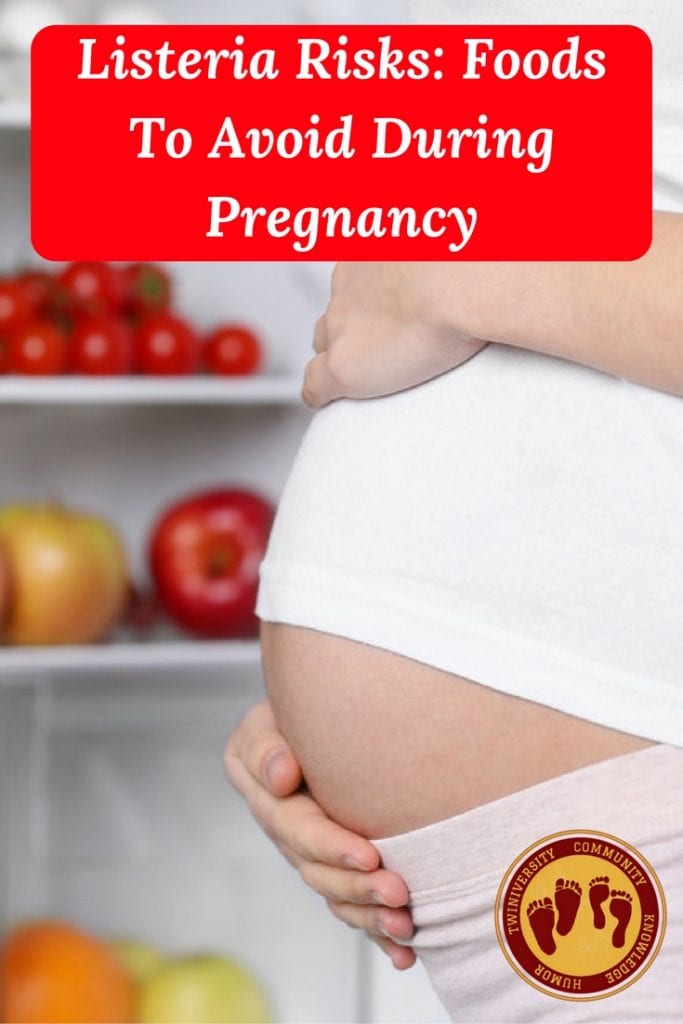
Other Resources:
CDC and Prevention/Food borne Illness Line There is also 24 hour recorded information available at 1-888-232-3228.
U.S. Food & Drug Administration Center for Food Safety & Applied Nutrition or call
1-888-SAFEFOOD.
Sources:
- Center for Disease Control
- Food Safety.gov
- U.S. Food and Drug Administration
- American Pregnancy Association
All content on this Web site, including medical opinion and any other health-related information, is for informational purposes only and should not be considered to be a specific diagnosis or treatment plan for any individual situation. Use of this site and the information contained herein does not create a doctor-patient relationship. Always seek the direct advice of your own doctor in connection with any questions or issues you may have regarding your own health or the health of others.

Lorraine Conforti is a proud new mom of twin boys and pet-parent of two cats and a dog. Being both conservative and artistic, she describes herself as “a little bit country and a little bit rock and roll.” She enjoys the arts, music, writing, and had performed in a Blues/Rock band with her Husband for several years. She is also passionate about health and fitness and has held certifications for nutrition and Personal Training, and has earned a BS Degree in Healthcare Management.
Related Articles
- Extreme Morning Sickness? It could Be Hypermesis
- 8 Tips For meal Planning On A Budget
- How The 70-20-10 Budget Saved Our Marriage
Are You a New Twin Parent?
Check out Natalie Diaz’s book:
“What To Do When You’re Having Two
The Twin Survival Guide From Pregnancy Through the First Year”
In What to Do When You’re Having Two: The Twins Survival Guide from Pregnancy Through the First Year, national twins guru and founder of Twiniversity (and twin mom herself!) Natalie Diaz provides a no-holds-barred resource about life with twins, from pregnancy and birth all the way through your duo’s first year of life.
Accessible and informative, What to Do When You’re Having Two
is the must-have manual for all parents of twins.
Have you taken your expecting twins class yet? We offer a great class on demand so you can take it on your own schedule! There are so many video modules covering everything from your twins’ baby registry to your first week at home with twins! Sign up today to get started before your twins arrive.
Need some twin parent friends? Get the support you need with a Twiniversity Membership. Benefits include a monthly twin parent club meeting on Zoom, access to a private Facebook group just for twin parents, and a video library of twin parenting lessons. Visit Twiniversity.com/membership to join today!
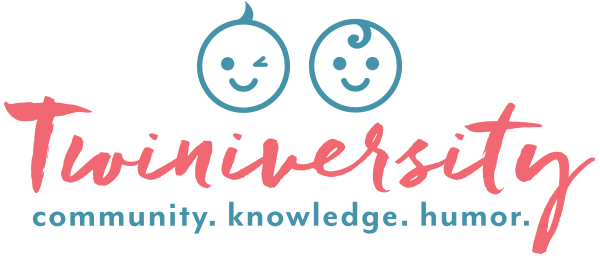
Twiniversity is the #1 source for parents of
multiples, and we are growing faster every day!
Find us all over the web:
Or contact us by email at community@twiniversity.com


